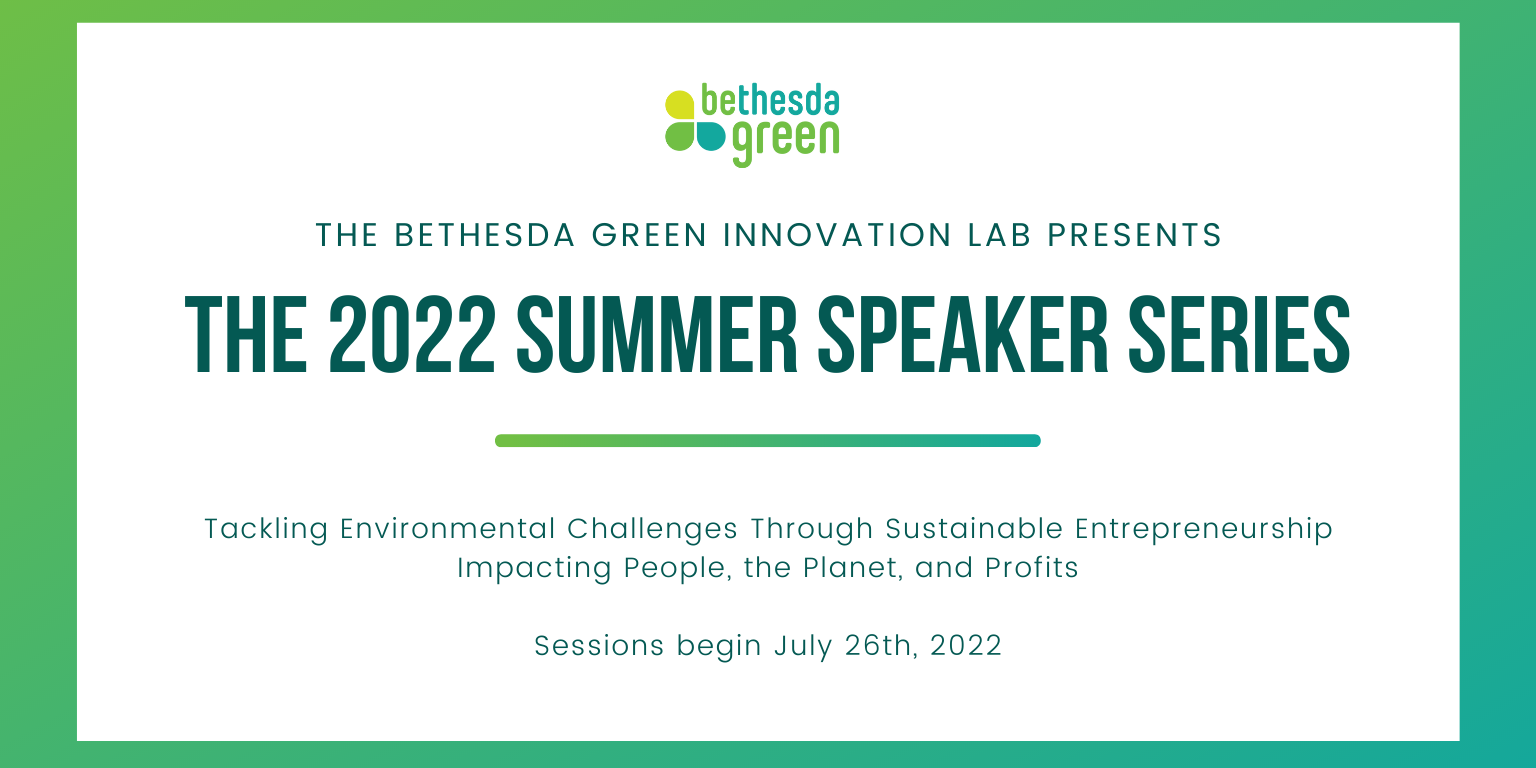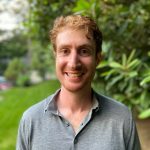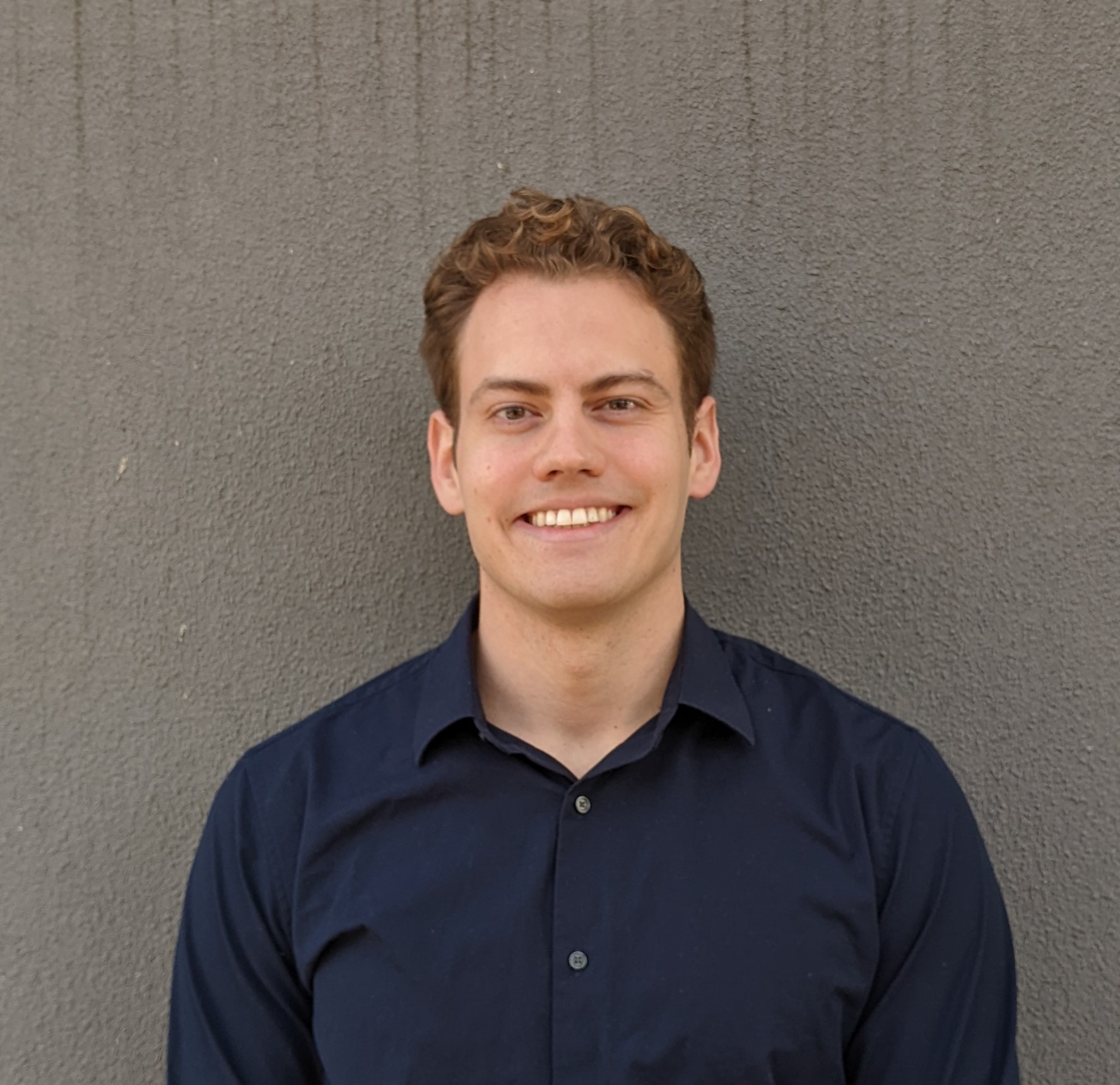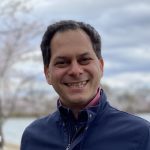Tackling Environmental Challenges Through Sustainable Entrepreneurship
Impacting People, the Planet, and Profits
At Bethesda Green’s Innovation Lab, we are constantly on the lookout for leaders who are building for-profit business models around innovative and sustainable solutions to tackle environmental and social challenges.
This summer, we are excited to once again welcome founders, industry experts, and policy makers to join us for exciting conversations designed to inspire, motivate, and educate all who attend.
Scroll down for additional information about each panel, including links to register, session summaries and recordings, and panelist bios. Missed past sessions? Check out information from our 2020 and 2021 speaker series, too!
Session #1 – Climate-Related Disclosures: Why They Matter
Watch the Recording Here
Read the Summary Here
The Task Force on Climate Related Disclosures (TCFD) was created in 2015 by the Financial Stability Board (FSB) to provide consistent and transparent information to global markets about the impact of climate change on an organization’s ability to create value. The importance of this reporting is often misunderstood by corporate leaders and consumers alike, though financial analysts are increasingly learning how to successfully incorporate this data into their risk assessments.
Panelists:
- David Carlin: Programme Lead, Task Force on Climate-Related Disclosures, United Nations Environment Programme Finance Initiative
- Ali-Reza Vahabzadeh: Executive Vice President, Head of Membership, Chief of Staff & ESG Policy Co-Lead, American Sustainable Business Network
- Sunny Sanwar: Founder & CEO, Dynamhex
Session #2: The Economic Impact of Climate Change on our Region’s Food Supply
Watch the Recording Here
Read the Summary Here
As our region responds to the constantly changing environmental pressures caused by climate change and political-socio-economic pressures, scientists, farmers, and some policy makers are increasingly sounding the alarm about the need to protect our food supply. The potential disastrous impact of climate change on our food supply is worrisome, but some see an opportunity for innovation and economic growth. During this session, we’ll discuss the economic opportunities and challenges facing our region as climate change continues to strain our food supply.
Panelists:
- Dr. Darren H. Jarboe: Assistant Director and Agriculture and Food Systems Program Leader, University of Maryland Agricultural Extension Program
- Amy Jacobs: Chesapeake Bay Agriculture Program Director, The Nature Conservancy
- John Torres, CAE: Executive Director, Maryland Farm Bureau
Session #3: Reduced Biodiversity and its Impact on our Food
Watch the Recording Here
Read the Summary Here
Farms are ecosystems, and it all comes down to the soil. These delicate ecosystems have so far demonstrated some resilience against growing commercial agricultural pressures, but the impact of climate change, bringing its increasingly severe weather, is testing that resilience. During this session we’ll hear about why biodiversity is such an essential part of our food system, and discuss how all of us, not only the agricultural community policymakers, can work to preserve it.
Panelists
- Ryan Nebeker – Research and Policy Analyst, FoodPrint
- Nathaniel Jackson – CEO and Co-Founder, TrueAlgae
- Jesse Womack – Policy Specialist, National Sustainable Agriculture Coalition
Session #4: Innovations Needed to Sustain Agricultural Requirements
Watch the Recording Here
Read the Summary Here
Our food system is vulnerable to the impacts of climate change, market pressures, and even to those who may wish to cause us harm. Innovation can help, but what does such innovation look like? From building in sustainability and resiliency to managing waste, securing our systems, and improving efficiencies, innovations in the agricultural space can help ensure that safe, quality food remains accessible and affordable.
Panelists
- Lorig Charkoudian, PhD, Maryland State Delegate
- Amanda Mac De Villiers, Grower Support Services, 4P Foods
- Mike Thielke, Executive Director, F3Tech
Speaker Bios
David Carlin leads the climate risk and TCFD program for UNEP- Finance Initiative (UNEP FI). He is currently running a pilot for over 50 global financial institutions on topics of climate scenarios, climate risk assessments, and climate governance. He is also a contributor to Forbes, where he writes about climate change and leadership. David has worked as a Principal in Finance, Risk, and Public Policy for Oliver Wyman and in Model Risk Management for PNC Bank. His background is in quantitative modeling and decision science. He conducted research in financial decision-making at Carnegie Mellon University and graduated Phi Beta Kappa from Williams College.
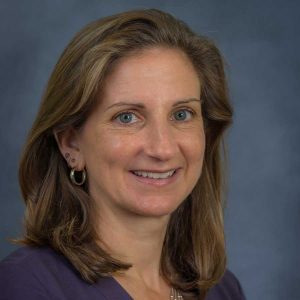
Lorig Charkoudian represents District 20 in the Maryland General Assembly, where she serves on the Economic Matters Committee and is Chair of the Unemployment Insurance Subcommittee. Lorig is a strong advocate for legislation promoting environmental justice, consumer protections, economic justice, criminal justice reform, pedestrian safety, and a sustainable food system. In addition to her role as Delegate, Lorig is the Executive Director of the Community Mediation Maryland. Lorig received her PhD in Economics from Johns Hopkins University, has been honored three times as Maryland’s Top 100 Women by the Maryland Daily Record. She lives in Takoma Park with one of her two children, Raffi, and runs ultra-marathons.
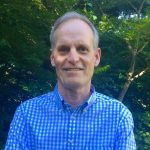 Nathaniel Jackson is the CEO and Co-Founder of TrueAlgae. He is also a Founding Partners of NExT Impact Ventures. NExT stands for “New, Exciting Technologies”, which is at the heart of their investment philosophy. Prior to his role with TrueAlgae, Nathaniel worked at the Inter-American Development Bank, where he was a Senior Advisor of Opportunities for the Majority, Chief Advisor to the Vice President of Private Sector Operations, and a Senior Investment Officer, for the Structured & Corporate Finance / Multi-lateral Investment Fund.
Nathaniel Jackson is the CEO and Co-Founder of TrueAlgae. He is also a Founding Partners of NExT Impact Ventures. NExT stands for “New, Exciting Technologies”, which is at the heart of their investment philosophy. Prior to his role with TrueAlgae, Nathaniel worked at the Inter-American Development Bank, where he was a Senior Advisor of Opportunities for the Majority, Chief Advisor to the Vice President of Private Sector Operations, and a Senior Investment Officer, for the Structured & Corporate Finance / Multi-lateral Investment Fund.
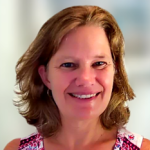 Amy Jacobs is the Chesapeake Agriculture Program Director, Maryland/DC for The Nature Conservancy. Amy joined the Maryland/DC chapter in 2011 and leads their efforts to improve water quality in agricultural landscapes across the Chesapeake Bay watershed. Her collaborative efforts are focused across multiple states, working with TNC colleagues as well as farmers and agribusinesses to implement change in agricultural systems to meet their ambitious goals. This work directly supports TNC’s global goal of reducing nutrient runoff in agricultural watersheds with the goal of improving water quality and reducing dead zones in our estuaries.
Amy Jacobs is the Chesapeake Agriculture Program Director, Maryland/DC for The Nature Conservancy. Amy joined the Maryland/DC chapter in 2011 and leads their efforts to improve water quality in agricultural landscapes across the Chesapeake Bay watershed. Her collaborative efforts are focused across multiple states, working with TNC colleagues as well as farmers and agribusinesses to implement change in agricultural systems to meet their ambitious goals. This work directly supports TNC’s global goal of reducing nutrient runoff in agricultural watersheds with the goal of improving water quality and reducing dead zones in our estuaries.
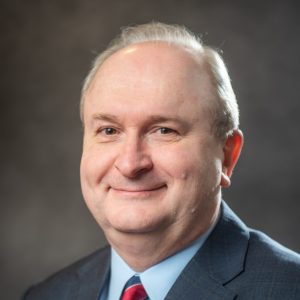
Dr. Darren Jarboe is Assistant Director and Program Leader for the Agriculture and Food Systems Program at University of Maryland Extension (UME). He leads a team of 36 Extension faculty who conduct applied research, develop and deliver research-based educational programs, and serve communities in Maryland. Prior to arriving at UME, he was program manager for technology commercialization, marketing, and communications at the Iowa State University (ISU) Center for Crops Utilization Research and the BioCentury Research Farm focusing on commercializing technologies in the food, feed, and biorenewables sectors. He co-founded Gross-Wen Technologies, Inc., a startup company commercializing an algal wastewater treatment technology. Darren holds B.S. degrees in agronomy and agricultural business, a M.S. in business administration, and a Ph.D. in industrial and agricultural technology, all from ISU.
Ryan Nebeker is the Research and Policy Analyst for FoodPrint, an educational nonprofit that aims to help people understand where their food comes from and how our food system impacts people, animals and the environment. Ryan has an M.S. in Agriculture, Food, and Environment from the Friedman School of Nutrition Science and Policy at Tufts University, where he worked on exploring connections between climate change, soil health, and human health. He’s produced numerous reports on food system issues for FoodPrint, like regenerative agriculture, the rise of plant-based meats, and an upcoming deep dive on the impact of wild-caught seafood.
Dr. Sunny Sanwar is the Founder and CEO of Dynamhex. Dr. Sanwar is an immigrant, engineer, a published author, serial entrepreneur, and a deep learning technologist who founded Dynamhex in 2018. He spent his educational (mechanical engineering, public policy and a PhD in clean energy innovation) and professional career in deploying clean energy solutions. In 2011 he founded his first company Verd2GO®, a stationary energy storage company, from which he successfully exited in 2016. He was recognized as a Forbes 30 under 30 in Energy category.
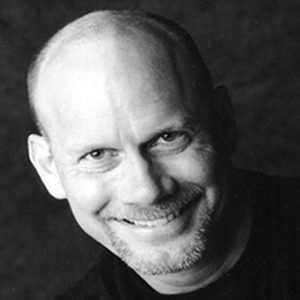 Mike Thielke is the executive director for Eastern Shore Entrepreneurship Center (ESEC), a private-sector, non-profit organization having a mission to advance and develop the startup and entrepreneurial ecosystem throughout the eight counties of Maryland’s Eastern Shore. In this position, Mike plays a leadership role in ensuring that the Eastern Shore is connected to the rest of the Maryland statewide ecosystem of entrepreneurs, mentors, coaches, and investors. Mike has been instrumental in starting a network of coworking spaces, called hotDesks, which now has four locations throughout the region. These spaces serve as the backbone for the delivery of accelerator programs, business competitions, and numerous programs and events targeted to creating a stronger and better connected ecosystem. Mike is also part of a group kicking off the PinOak Capital investor group which is a result of the increased deal flow opportunities developing on the Eastern Shore.
Mike Thielke is the executive director for Eastern Shore Entrepreneurship Center (ESEC), a private-sector, non-profit organization having a mission to advance and develop the startup and entrepreneurial ecosystem throughout the eight counties of Maryland’s Eastern Shore. In this position, Mike plays a leadership role in ensuring that the Eastern Shore is connected to the rest of the Maryland statewide ecosystem of entrepreneurs, mentors, coaches, and investors. Mike has been instrumental in starting a network of coworking spaces, called hotDesks, which now has four locations throughout the region. These spaces serve as the backbone for the delivery of accelerator programs, business competitions, and numerous programs and events targeted to creating a stronger and better connected ecosystem. Mike is also part of a group kicking off the PinOak Capital investor group which is a result of the increased deal flow opportunities developing on the Eastern Shore.
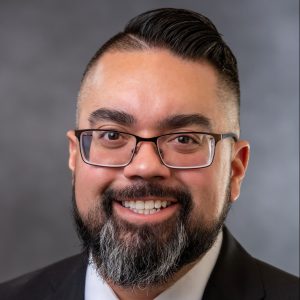 John Torres is the executive director and chief executive officer of Maryland Farm Bureau — the largest and oldest general farm organization in the state of Maryland. Prior to joining Maryland Farm Bureau, Torres served as the director of government and industry affairs for Ohio Corn & Wheat Growers Association where he oversaw the legislative activities for the statewide organization, including the coordination of legislative and regulatory actions at both the state and federal levels and managed the organization’s political action committee. Prior to that, Torres spent five years at American Farm Bureau Federation in Washington, D.C., as director of leadership development, and started his Farm Bureau career as an organization director for Ohio Farm Bureau Federation managing local county Farm Bureau organizations. Before working in the world of agricultural associations, Torres was a commodities trader for Archer Daniels Midland, a Fortune 100 multi-national and publicly traded company based in Chicago, Illinois.
John Torres is the executive director and chief executive officer of Maryland Farm Bureau — the largest and oldest general farm organization in the state of Maryland. Prior to joining Maryland Farm Bureau, Torres served as the director of government and industry affairs for Ohio Corn & Wheat Growers Association where he oversaw the legislative activities for the statewide organization, including the coordination of legislative and regulatory actions at both the state and federal levels and managed the organization’s political action committee. Prior to that, Torres spent five years at American Farm Bureau Federation in Washington, D.C., as director of leadership development, and started his Farm Bureau career as an organization director for Ohio Farm Bureau Federation managing local county Farm Bureau organizations. Before working in the world of agricultural associations, Torres was a commodities trader for Archer Daniels Midland, a Fortune 100 multi-national and publicly traded company based in Chicago, Illinois.
Ali-Reza “A.R.” Vahabzadeh is Executive Vice President at The American Sustainable Business Network where he is Head of Membership, Chief of Staff & ESG Policy Co-Lead. He is a solutions-oriented and organizational development professional with a strong track-record in relationship management and marketing. He has worked in business development and investor relations roles for companies such as Morgan Stanley, Citigroup and J.P. Morgan Chase in the U.S., Europe and Middle East. A.R. has served as a senior advisor to many corporate leaders and enjoys cross-industry collaboration on creating sustainable business solutions to preserve the planet for generations to come. He speaks English, French and Farsi and is a graduate of The Elliott School of International Affairs at The George Washington University in Washington, D.C. In 2020, A.R. returned to Washington, DC, where he currently lives with his wife and daughter.
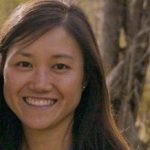 Amanda Mac de Villiers is a Grower Support Specialist at 4P Foods, where she A decade of working in food and farming led Amanda to her role in Grower Support at 4P. Amanda previously worked in organic vegetable production and community development for five years in South Africa before transitioning to full-time farming, with experience on multi-species farms in both SA and the US. After farming in the Virginia Piedmont for several years and establishing their own cattle company, Amanda and her husband are now based in the SW US, running their regenerative cow-calf grazing operation with a focus on managed grazing and adapted genetics.
Amanda Mac de Villiers is a Grower Support Specialist at 4P Foods, where she A decade of working in food and farming led Amanda to her role in Grower Support at 4P. Amanda previously worked in organic vegetable production and community development for five years in South Africa before transitioning to full-time farming, with experience on multi-species farms in both SA and the US. After farming in the Virginia Piedmont for several years and establishing their own cattle company, Amanda and her husband are now based in the SW US, running their regenerative cow-calf grazing operation with a focus on managed grazing and adapted genetics.
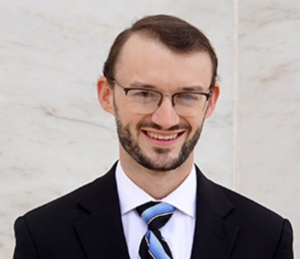
Thank you to our Sponsors!



